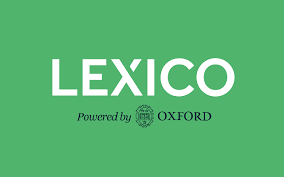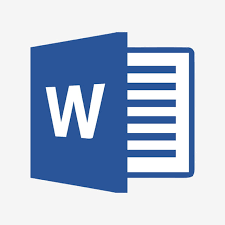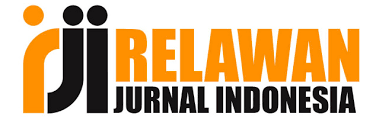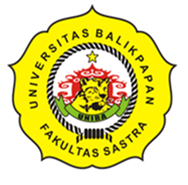CRITICAL THINKING TASKS MANIFESTED IN THE INDONESIAN MINISTRY OF EDUCATION AND CULTURE AUTHORIZED EFL TEXTBOOK
DOI:
https://doi.org/10.36277/jurnalprologue.v10i1.164Kata Kunci:
Content Analysis, Critical Thinking, EFL TextbookAbstrak
Critical thinking becomes a fundamental goal of higher education. Thus, critical thinking is a crucial competence in learning a foreign language. For this reason, English as a Foreign Language (EFL) textbooks support EFL learners and encourage their critical thinking ability. The present content analysis research investigates to what extent critical thinking is implemented in the EFL textbook used by senior high school students in Indonesia. It mainly determines whether the tasks in the EFL textbook promote students’ critical thinking skills. The Indonesian Ministry of Education and Culture (MONEC) authorizes the analysis of the EFL textbook. Freeman's critical thinking framework was used for the analytic categories. The findings found that the textbook promoted critical thinking from the affected aspect rather than the content and language questions in Freeman's framework. Moreover, the activities in the textbook mostly focused on how students delivered their responses to the topic in the EFL textbook. The findings recommend promoting critical thinking through affect questions, which has been considered one of the educational objectives in this country; textbook developers need to generate more tasks endorsing critical thinking in content and language. Furthermore, EFL teachers must be trained to vary the tasks that can encourage students' CT skills.
##submission.downloads##
Diterbitkan
Cara Mengutip
Terbitan
Bagian
Lisensi
Hak Cipta (c) 2024 Sangaji Yudhi Pratama, Lutvy Arsanti

Artikel ini berlisensiCreative Commons Attribution-NonCommercial-ShareAlike 4.0 International License.


















